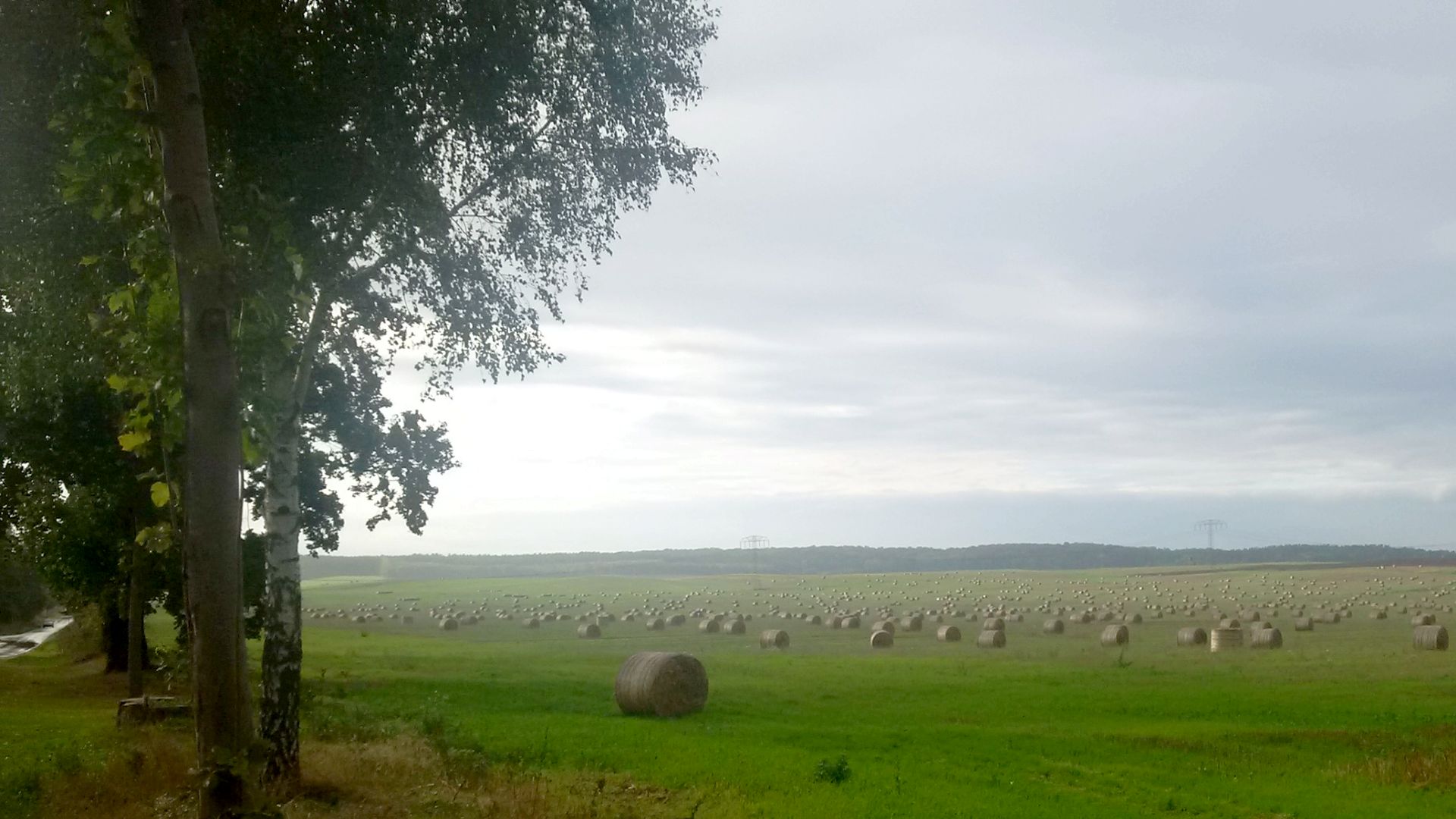In cooperation with Zentrum Technik und Gesellschaft (ZTG), BUND Berlin, Verbund offener Werkstätten, BUND-Repair-Café, Hei – Haus der Eigenarbeit, FabLab Fabulous St.Pauli, Stiftungsgemeinschaft anstiftung & ertomis; funded by the German Federal Ministry of Education and Research (2017-2019).
The joint project investigates how and whether the quality and consumption awareness of consumers changes when a “culture of repair” is integrated and lived in everyday life. By integrating the possibility of repairing things into everyday life and doing this in cooperative community work with mutual knowledge exchange, consumers gain a greater awareness of production processes and thus a higher appreciation of the products. On the other hand, they simultaneously acquire the competence that makes them more independent of consumption and gives them more autonomy.
An integrative research approach will be used to find out whether and how the practice of repairing is spreading and becoming entrenched in a repair culture, and how this goal can be achieved: Citizen Science. To this end, this project turns actors from the repair and do-it-yourself scene into experts of themselves and thus into citizen scientists. Their experiences, self-evaluations and assessments are guided, organized, coordinated and evaluated by the collaborative partner institutions in the citizen science form of co-design. The method of “cultural probes” is used to gain insight into the everyday world of the actors under scientific criteria. This method will be further developed into a (citizen) science method through the project findings. In this project, ISInova takes on the role of consulting and reflecting on the Citizen Science method, i.e. the integration of citizen scientists into the research process via repara(kul)ture.
Contact: Birgit Peuker, Linda Spieckermann


